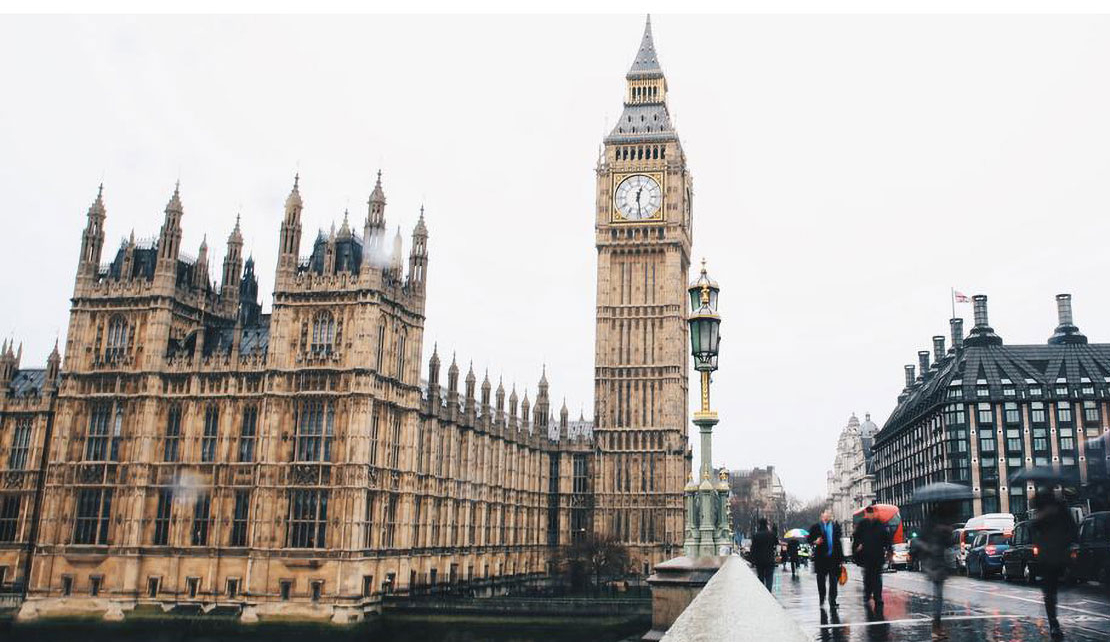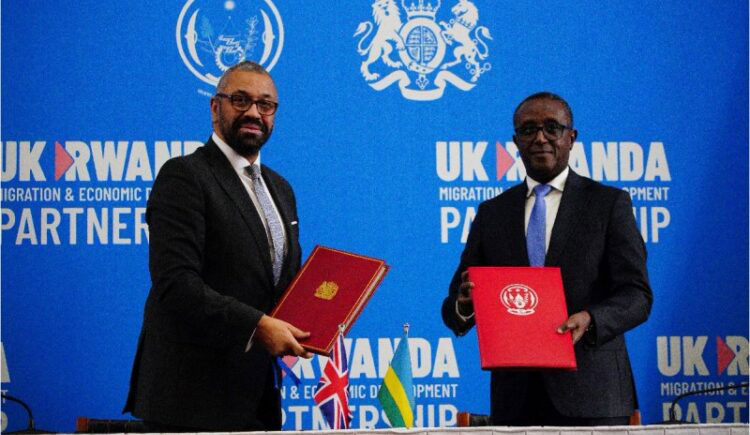"Britain's New Asylum Strategy: Charting a Course to Rwanda in the Wake of the Supreme Court's Decision"

In the labyrinth of global politics and human rights, the British government has embarked on a complex journey to redefine its asylum policy. This narrative explores how the UK, following a decisive ruling by the Supreme Court, is navigating the choppy waters of international law and ethics in its pursuit to send asylum seekers to Rwanda.
The UK Supreme Court's ruling in November, which declared the Rwanda scheme unlawful due to risks of refoulement, served as a critical juncture. The court voiced strong concerns about the safety of genuine refugees in Rwanda, emphasizing potential breaches of the European Convention on Human Rights. This verdict not only questioned the UK's existing asylum policy but also set the stage for a significant policy overhaul.
Government's Response: Crafting a New Legislation
In an attempt to address these legal hurdles, the British government introduced new legislation. Home Secretary James Cleverly and the government argued that the new bill would clarify Rwanda as a safe country for asylum seekers under UK law. This move, bold and fraught with controversy, aimed to align the country's domestic laws with the Supreme Court's directives.

International Law vs Domestic Policy: A Delicate Balance
The new bill's directive for British judges to overlook parts of the UK Human Rights Act stirred significant debate. Critics, including former Supreme Court judge Lord Jonathan Sumption, decried this move as a breach of international obligations. Yet, the government persisted, arguing that the policy was essential for controlling illegal immigration and reducing the burden on its asylum system.
The financial aspects of this policy were also under scrutiny. While the government anticipated long-term savings, an economic-impact assessment indicated that removing each individual to Rwanda would be more costly than supporting them in the UK. Despite this, the government invested heavily in the scheme, viewing it as a deterrent against illegal entry methods.
Rwanda's Role: Economic Gain and Global Standing
For Rwanda, this agreement presented an opportunity for economic growth and enhanced global presence. The funds received from the UK were expected to boost the local economy, notwithstanding the criticisms of Rwanda's human rights record.
Central to the UK's motivation was the desire to control immigration, particularly the influx of people via perilous routes such as small boat crossings over the English Channel. The government viewed this policy as a means to fulfill its political promises and manage its strained asylum system.
As the UK embarks on this new path, it faces a myriad of challenges. Balancing international law obligations, ethical considerations, and domestic policy objectives is a delicate task. The effectiveness and acceptability of this policy remain to be seen, as it continues to stir debate and scrutiny both domestically and internationally.
